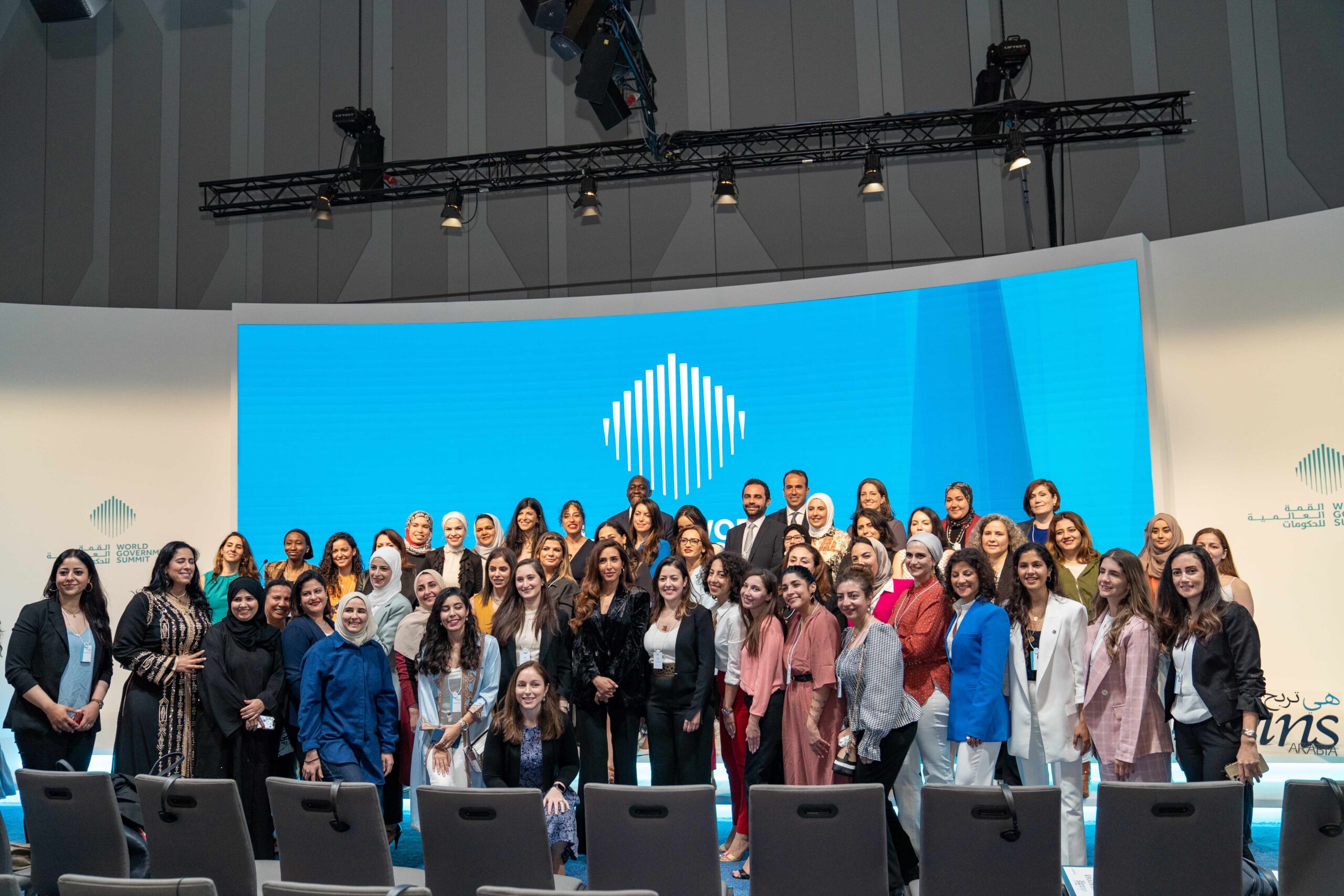By: Sammar Essmat, Gender Lead for Middle East, Central Asia, Turkey , IFC
Think of the entrepreneurship scene as a room and in half of that space, the lights are switched off.
This is where Hela Jelassi, the Tunisian founder of online marketplace El.Business, long stood. As a working mum in a male-dominated industry, Hela had very little opportunity to develop connections with potential investors. Fund managers rarely meet with someone who is not already in their network, let alone finance them. Hela found herself invisible to the venture capital community – figurately standing in the darkness.
She was not alone. IFC’s research shows that women in the Middle East and North Africa (MENA) region receive only 6 percent of all private equity and venture capital.
Investors in the region are starting to recognize this gap. Laila Hassan is the first female partner at Algebra Ventures, a tech-oriented venture capital firm based in Egypt. As a fund manager, she is committed to building a strong, inclusive, and diversified portfolio. And for that, she is keen to look at the entire pool of start-ups to find the best fit for her fund.
She is trying to light up a room that is dark. It’s hard to meet start-up founders other than the well-networked, highly visible ones she already knows – and who are more likely to be male. Again, this is not a coincidence: IFC’s research shows that of all deals that venture capital and private equity funds close in the MENA region, only 9 percent are with female-led businesses.
That’s a problem. The invisible female entrepreneurs, such as Hela Jelassi, have the potential to create high-growth companies that will provide innovative solutions to some of the region’s pressing problems. Hela runs a Tunisian online B2B marketplace that connects small and medium-sized enterprises with potential buyers and investors. Hela’s business, similarly to most female-led startups in the region, faces ongoing hurdles, such as access to finance and networking opportunities with regional investors.
To make female entrepreneurs more visible in the startup ecosystem, IFC launched She Wins Arabia. The initiative boosted the knowledge of 15 venture capital funds and 15 accelerators from across MENA, showing them how to better reach and invest in female-led startups. Together with local partners, She Wins Arabia reached almost 80 female start-ups from Morocco, Algeria, Tunisia, Egypt, Jordan, the West Bank and Gaza, Yemen, and the United Arab Emirates, helping them refine their business plans and strengthen their pitches to potential investors. Both Hela Jelassi and Laila Hassan participated in and benefitted from the program.
Ultimately, the aim of She Wins Arabia is to help more women-led startups across the region obtain advice, mentorship, and finance from venture funds and accelerators. In April, entrepreneurs who participated in the She Wins Arabia initiative pitched their businesses to a panel comprised of Amazon Web Services, Lotus Capital, Plug and Play, and the Abu Dhabi Global Market Academy to raise funding. To date, She Wins Arabia has hosted two distinct training measures and a regional pitch competition. However, it’s not over yet. Next month She Wins Arabia will convene incubators and accelerators in a training that helps them build capacity and investment readiness, so that they may better support women entrepreneurs throughout their fundraising journey.
Building capacities of accelerators also creates opportunities for linking up with broader IFC initiatives, such as ScaleX, a We-Fi funded program aiming to tackle the financing gap for women entrepreneurs through financing accelerators
She Wins Arabia created a community of female entrepreneurs brought together by similar challenges and a collective passion to overcome them together. There were countless examples of such collaborative and supportive spirit. To put it in the words of Maha Sallam, a tech entrepreneur from Egypt, “She Wins Arabia […] amplified women’s business ideas, and gave them a seat at the table.”

